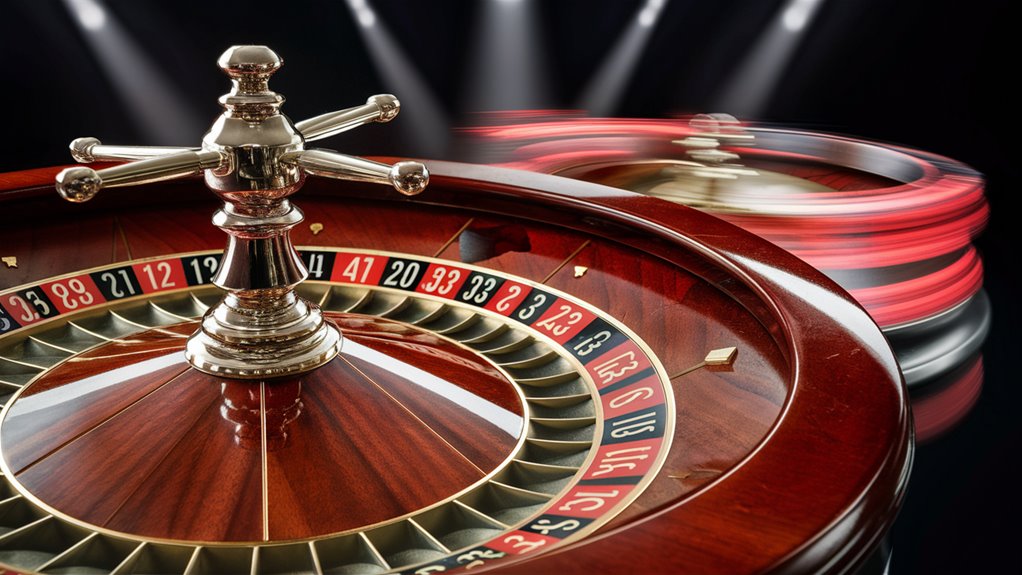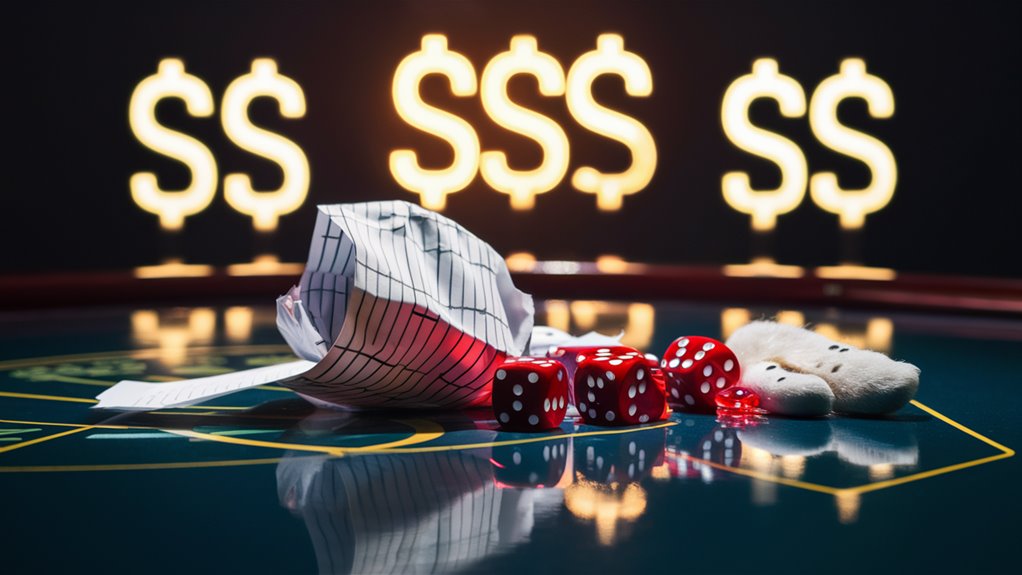Win or Lose: Clearing Up Common Gambling Myths

The True Math Behind Casino Games
The clear math truth of casino games shows that making money in the long run is not possible, because the games are set up to lose. People win sometimes, but the house edge ensures the casino wins in the end with these odds:
- Blackjack: 0.5% edge if you play very well
- Roulette: 2.7% to 5.26% edge
- Slot Machines: 2% to 15% edge
- Keno: Up to 20% or more
The Odds and House Edge
In all casino games, every play is its own event, not affected by past plays. This fact shows that these common wrong ideas aren’t true:
- Win or lose “streaks”
- Lucky numbers
- Bet plans
- Good luck charms
- see more
Deep Dive Into Gambling Math
The deeper the math, the more it shows that:
- All games show you will lose money over time
- The short term can hide the true odds
- The law of big numbers makes the casino win
- Looking for patterns doesn’t work
The math shows that always winning money at casinos is not possible no matter the plan or method used.
What is the Gambler’s Wrong Thought?
What Causes Wrong Ideas About Odds
The gambler’s mistake is a big wrong belief in games of chance. It happens because people do not understand that each play in games like roulette or coin flips is on its own. Even after many same results, the next one is still random.
Understanding Random and Chance
For example, after six heads in coin flips, the next one still has a 50% chance of being tails. It does not care about what came before.
Showing the Math and Stats
The math of random chance follows this rule – even if something happened, the next chance is the same.
- The chance of one event happening
- The chance after another event happened
- Any past results
Gambling in Real Life

Using and understanding this fact in gambling is key. No matter what happened before, the house always keeps its edge. Believing you are “due for a win” can make you lose more money as you might bet more, hoping the odds will even out. Casino Architecture: Designing
Thinking You Are Winning or Losing Big
The Thinking Behind Chasing Wins or Losses
When players believe in “hot streaks” or “cold games,” they go against clear math. A roulette table that seems “cold” or a slot due for a win are examples of bad guesses at odds.
Every play—spins, rolls, deals—is a separate event. No past games change that.
Breaking Down Each Game’s Odds
In roulette, the chance of getting red does not change, even after many spins.
When players think they see patterns and win more, they are caught by apophenia—seeing patterns in what is actually random. This plus remembering wins more than losses paints a false picture of being able to predict what is random.
Making Smarter Betting Choices
Understanding these odds helps in better betting. Rather than going after guesses or past results-driven ways:
- Know the true math odds
- Manage your money smartly
- Know each bet is its own
- Be aware of thinking mistakes
Smart and responsible betting is based on real math, not made-up patterns.
The Dream of Easy Money from Gambling
Why Betting Systems Sound Good But Fail
Betting plans that seem to promise sure money lure many people with what seems like good math. These ways seem logical but hide big math mistakes.
A Look at Some Famous Betting Plans
The Martingale plan says to double bets after losses to not just get back losses but also to gain a win. But it fails to consider:
- How much money you have
